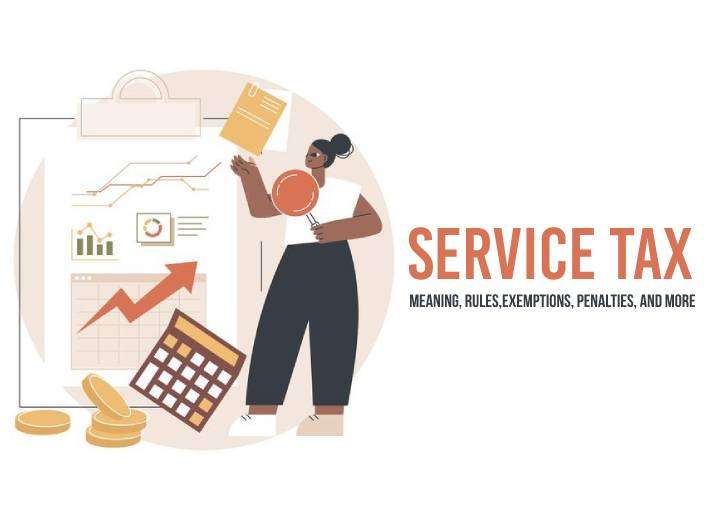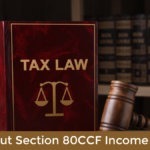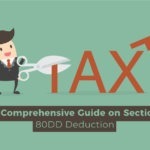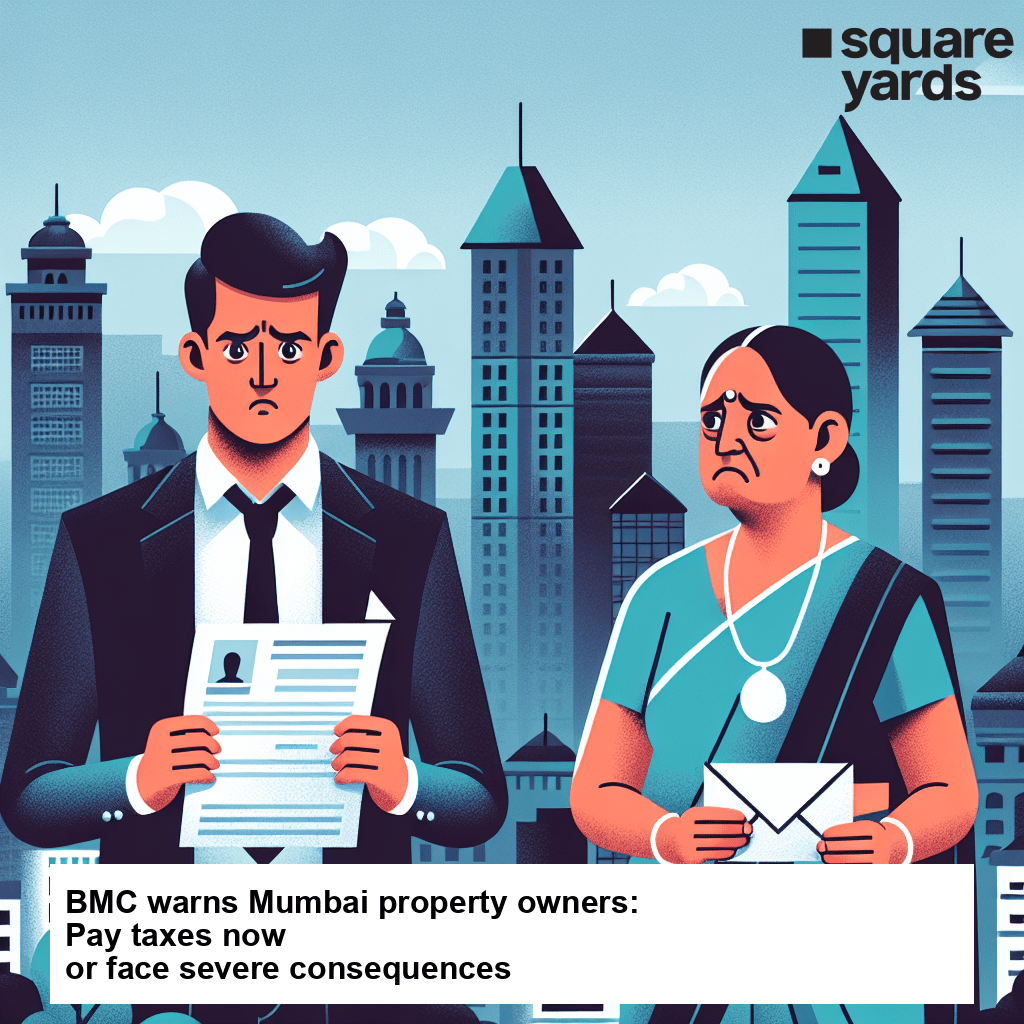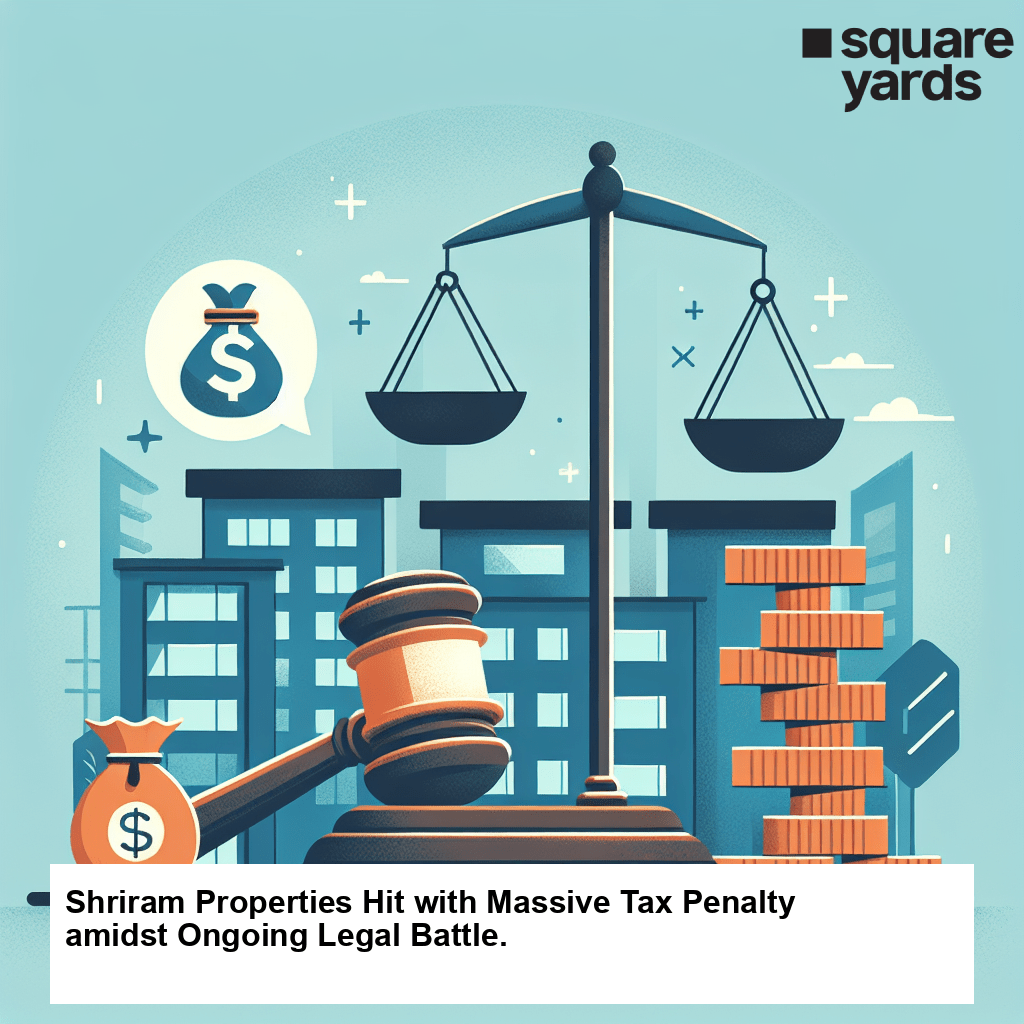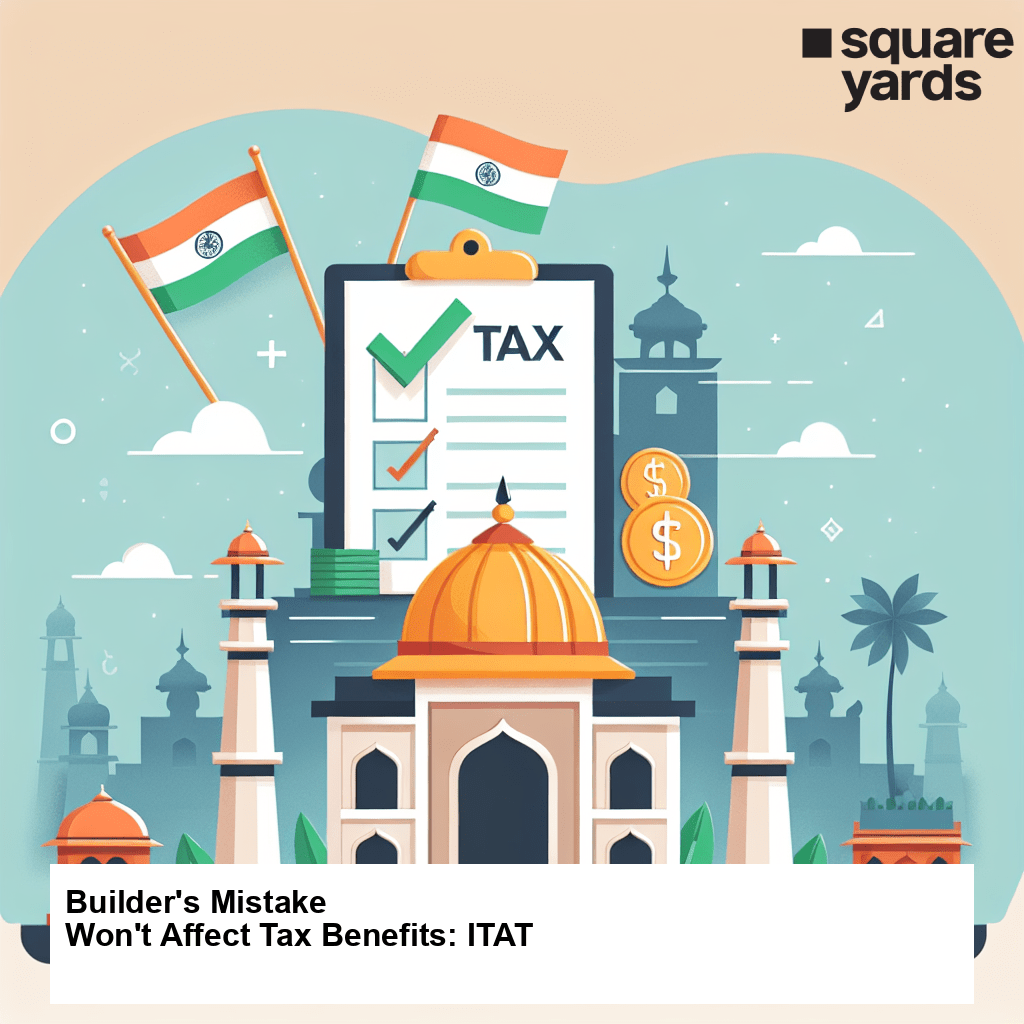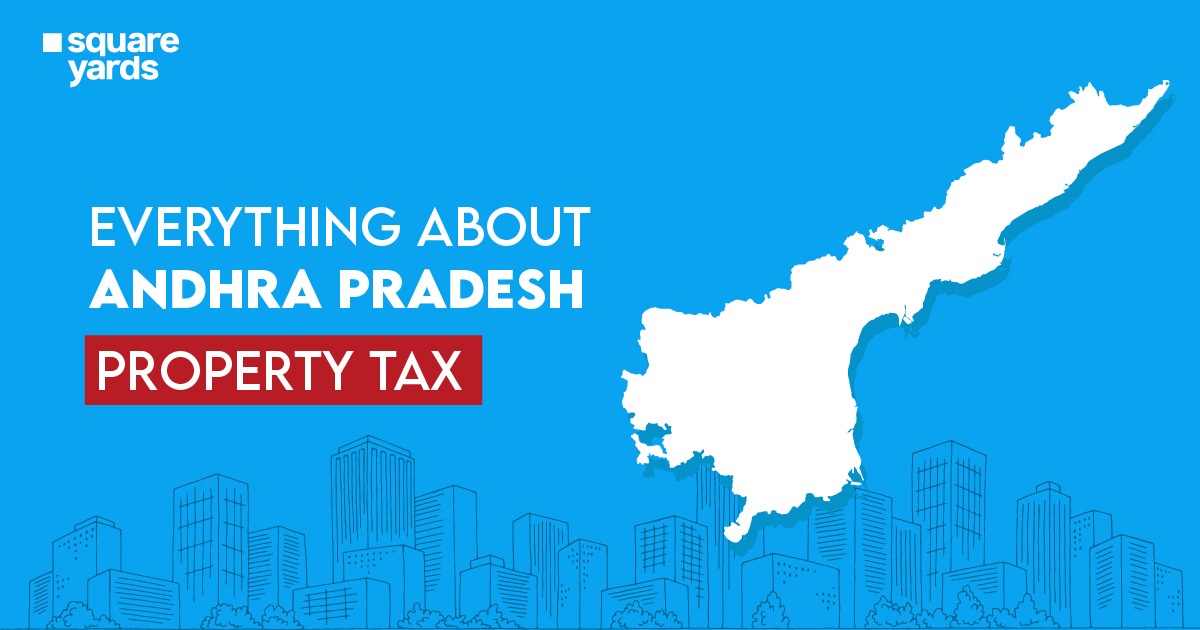If you were looking for a detailed explanation of service tax in India, then you have landed on just the right page. This article elucidates the service tax rules, exemptions, penalties, and billing in detail. Without further ado, let us begin by understanding the meaning of service tax.
What is Service Tax?
Service tax was a specific type of tax that was levied by the Central Government on certain service transactions executed by a service provider. This tax has been recently substituted by the Goods and Services Tax (GST) since July 1, 2017.
Individuals who used to pay service tax were either service providers or receivers. However, it was the final consumer who paid the tax as it was passed over to them by the service provider.
The provisions of service tax were first introduced in July 1994, under the Finance Act. This tax had its jurisdiction throughout the country except for Jammu and Kashmir. Because it was a type of indirect tax, service tax was administered by the Central Board of Excise and Customs.
The service tax was initially applicable on only 3 services, including non-life insurance, telephone, and stock broker’s services. The list was later extended to 119 services.
3 Things to Remember When Paying Service Tax Online
Be mindful of these 3 aspects when paying your service tax online.
- If a service provider’s aggregate income from taxable services exceeds ₹9 lakh, they have to apply for registration within a period of 30 days from the date the amount exceeds ₹9 lakh.
- When a complete application form is submitted, the registration is provided online within 2 days. You are not required to submit any documents for verification.
- The taxpayer who has more than one premise and has opted for centralized accounting/billing can (if he wants to) obtain or opt for centralized registration for all his premises at the place where his centralized accounting is located. Application for this purpose also has to be submitted online.
Service Tax Rate
Before being replaced by the Goods and Services Tax, the rate of service tax was accounted to be 15% as in 2016.
Service Tax Rules
The rules of service tax state that even though it is the service provider who pays the tax to the government, in reality, it is the service receiver who pays the tax. At present, the service tax in India is 15%.
There are 9 rules under service tax that are used by the government for the collection and assessment of the same. Let us have a look at each of them briefly.
- Rule 1: It constitutes the basic definition of the Service Tax.
- Rule 2: It describes the definitions of the terms covered under service tax. Terms such as ‘act’, ‘large taxpayer’, ‘assessment’, etc., are explained in detail in this rule.
- Rule 3: It is related to the officers’ appointment.
- Rule 4: The registration of the service tax is covered under rule 4.
- Rule 5: It keeps the records in check.
- Rule 6: The payment of service tax is seen under rule 6.
- Rule 7: The tax returns related to sales tax are overseen in this rule.
- Rule 8: It oversees the form related to the Appeals to Commissioner of Central Excise.
- Rule 9: This rule is responsible for the form of Appeals to the Appellate Tribunal.
Rules of Service Tax Payment
Have a look at some of the important rules relating to the payment of service tax.
- The taxpayer must submit the service tax to the Central Government latest by the fifth of that month, which follows the month when the payments were received.
- The assessee should only deposit the tax in a designated account of the bank appointed by the Central Board of Excise.
- The assessee also has the privilege to adjust the service tax (if it is in excess) they have paid for a taxable service not provided by them.
When is a Service Tax Paid?
The Taxation Rules of 2011 determine when a service tax on a taxable service is due. It is mandatory for all taxpayers to make an online payment of the tax due. However, you might be provided access to pay manually by the AC/DC on special requests.
Let us glance through the various dates on which different parties have to make the service tax payment:
- After 1st April 2011, the service tax payment has been designed on an accrual basis. The assessees who did not exceed ₹50 lakhs on the taxable services in the previous financial year are on the receipt basis system. This facility of the receipt system is only provided for a ₹50 lakh cap of taxable services.
- Proprietary firms, individuals, small taxpayers, and partnership firms have to make the payment every quarter. If the tax is being submitted via an electronic method, this payment should be made by the sixth day of the month immediately following the preceding quarter.
- In other cases, the tax has to be paid by the sixth day of the month that immediately follows the preceding month wherein the services have been rendered if the tax is being submitted via an electronic method.
- For other payment modes, the due date is the fifth day of the month that immediately follows the preceding month or quarter.
Service Tax Exemptions
To avail a service tax exemption the following conditions must be met:
Turnover Must Not Exceed ₹10 lakh
You can avail of service tax exemption if the aggregate amount of the taxable services provided by the service provider is less than ₹10 lakh throughout the preceding financial year. However, the same cannot be claimed if the aggregate amount exceeds ₹10 lakh.
CENVAT Credit
The service provider cannot use the CENVAT credit on the tax being paid on any input or output services for which they have already availed exemption. that have been used to provide a service for the purpose of which he/she has already availed an exemption.
Additionally, CENVAT credit can also not be made use of capital goods that have been received over the period when the exemption was availed. Also, the providers of service tax who avail of the service tax exemption on a small scale would have to make a payment that is equal to the CENVAT credit, if availed by them.
Service Tax Billing
The Rule 4A of Service Tax Rules, 1994, makes it mandatory for an assessee of service tax to release an invoice or bill within 14 days from the date the taxable service was finished. Alternatively, they can also release the bill on the date which marks the collection of payment for the service.
The bill should have the following details:
- Serial number
- Recipient’s name along with the address
- Service provider’s name and their registration number along with the address
- The description and classification of the service provided and the value of the taxable service
- The total amount of payable service tax
Service Tax Penalties
Sections 76, 77 and 78 of the Finance Act of 1994 provide provisions to the Central Government to levy penalties related to service tax. These penalties are applicable if an assessee fails to follow these conditions:
- If the assessee is unable to produce the ST-3 Return within the required due dates (25th April and 25th October) of each financial year, they will have to pay a penalty fee. This fee might be extended to ₹2000 depending on the delay period.
- If the assessee is not able to produce the required information or be present in front of the Central Excise Officer when asked, they will have to pay a penalty of up to ₹5000 or an amount of ₹200 each day after the due date (whichever is higher).
- If the assessee is a provider of service and they do not register the service, the assessee is bound to pay a penalty according to Section 77 of the Finance Act of 1994. The penalty may be exceeded to ₹5000. This penalty has relevance because the registration of service is an identity of the assessee, and it is compulsory to register the service provided.
How to Calculate Service Tax?
The amount of service tax applicable on a taxable service is computed in the form of a percentage of paid or received charges for the receipt or provision of services.
Currently, the service tax is charged at a rate of 15% of the taxable service value. But the point to be kept in mind is that the service tax cannot be imposed on the entire amount charged to the recipient of the service. Let us understand the above-given statement with an example.
If there is an exemption of 70% on specific services provided by tour operators, 30% on the chit funds, and 60% on air transportation. Since 70% of the total amount is exempted, only 30% of the total bill will be charged for service tax.
| If the service tax is | ₹50,000 |
| Total chargeable service tax will be | 15/100 x 50,000 = ₹7500 |
If 70% of the tax qualifies for exemption then:
| Total service tax | 50,000 x 30% = ₹15,000 |
| Eventually, tax to be paid | 15,000 x 15% = ₹2250 |
Frequently Asked Questions (FAQs)
How much is the Service Tax in India?
The Service Tax is currently charged at the rate of 15% in India. This tax is applicable when the value of services exceeds ₹10 lakh in a financial year.
Is Service Tax still applicable in India?
The Service Tax has been replaced in India with the Goods and Services Tax (GST), so the citizens do not have to pay it. But, the service charge is still applicable.
Who is responsible for service tax?
Every person, company, or firm who is a service provider has the responsibility of paying the Service Tax India.
Is service tax a direct tax?
No, Service tax is actually an indirect tax.
How can I check my service tax number?
Service tax numbers can be easily checked with the help of a PAN card.
Which service is tax-free?
Services that are not charged and are provided free of cost are exempted from the service tax. Also, the taxable services which are provided to the diplomats and their family members are exempted from the service tax because they are provided for official purposes.
What are the types of service tax?
The four types of GST are State Goods and Services Tax (SGST), Integrated Goods and Services Tax (IGST), Union Territory Goods and Services Tax (UTGST), and Central Goods and Services Tax (CGST).
Is service tax payable on salary?
No service tax is not payable on salary.
What is the Rule 4A of service tax?
Under the Rule 4A of the Service Tax Rules of 1994, an assessee of service tax must issue an invoice or bill within a period of 14 days from the date on which the taxable service was finished or the date on which the payment was received for the given service, whichever is earlier.


